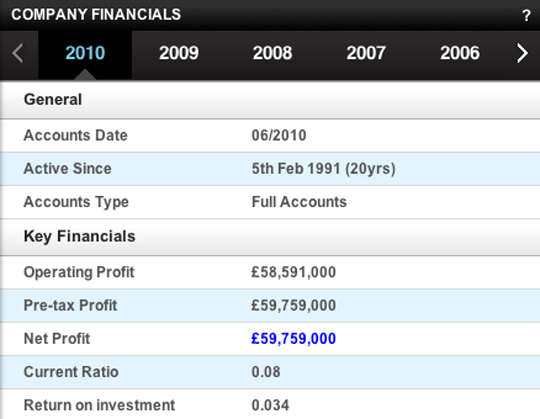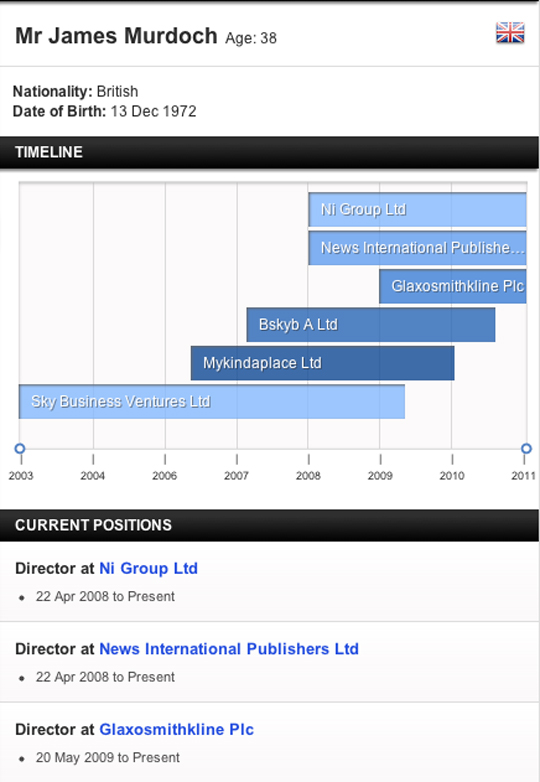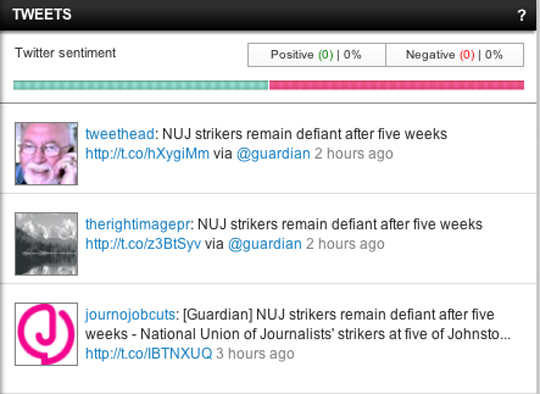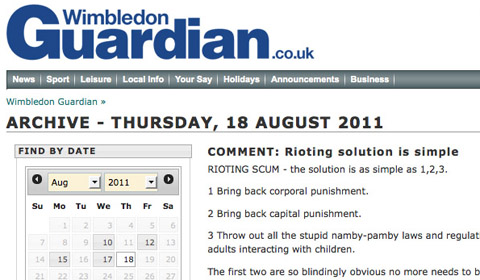Google+ users can now use the +1 button to share content with their circles of contacts within the new social network.
Following the development this week the button will act like Facebook’s share button in that anyone with a Google+ profile can directly share a link to their wall (or stream in Google+ terminology).
Google made the announcement on its blog yesterday and said it would be rolled out over the next few days.
The +1 button was launched at the beginning of June, allowing anyone logged in to a Gmail account to recommend web content to their contacts, who would then see a personally ranked suggestion when using Google Search. At the end of June Google+ was launched by the search engine giant which appeared to be taking on Facebook by creating its own social network.
The fact the button now acts like a Facebook share widget may persuade a few more news sites to adopt it. Take up early on appeared to have been slow based on often lower traffic referrals when compared to other share buttons.
In yesterday’s blog post, Google also announced another development of interest to publishers: the creation of “snippets”.
When you share content from the +1 button, you’ll notice that we automatically include a link, an image and a description in the sharebox. We call these snippets, and they’re a great way to jumpstart conversations with the people you care about.
Of course: publishers can benefit from snippets as well. With just a few changes to their webpages, publishers can actually customise their snippets and encourage more sharing of their content on Google+. More details are available on the Google Webmaster blog.
The video below takes you directly to an explanation of snippits.








